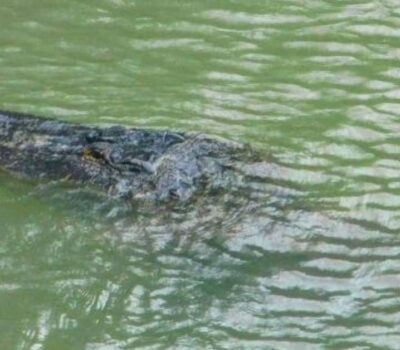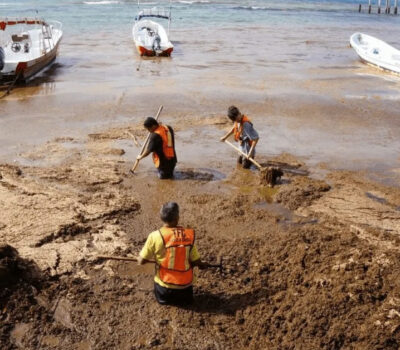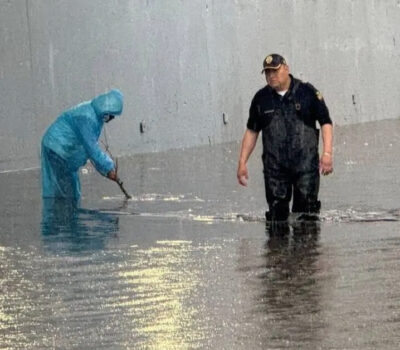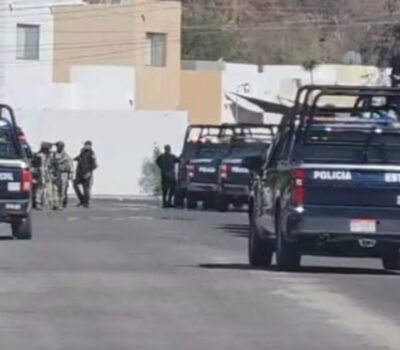A community-focused policing program that has produced positive results in one of Mexico’s most violent states suggests that alternative forms of policing could be a way forward to quell rising violence, but the question remains: can they help tackle organized crime?
Under the program — which was established in 2015 in Morelia, the capital city of southwestern Michoacán state, by local police chief Bernardo León Olea — lawyers, psychologists and social workers cooperate with police to provide victim support, and community meetings are held to improve public relations with the police, the New York Times reported.
The police force tripled in size and officers were given new uniforms, among other benefits. However, a proposed salary raise never came to fruition.
Since the program began, public perceptions of safety and trust in the local police have improved, contrasting with concernssurrounding police corruption elsewhere in Mexico.
Authorities in Morelia also reported a drop in intentional homicides between 2015 and 2017, whereas homicides across Michoacán as a whole spiked in the same period. The state has one of the highest rates of organized crime-related murders in Mexico, according to an independent study.
However, during the first six months of 2018, homicide rates in Morelia increased once more.
Still, León Olea, who left his post in September 2018, argues that the program is part of the reason for the temporary improvement in security, despite those who criticize his work and deny that Morelia was safer under his command.
InSight Crime Analysis
León Olea’s model indicates that more effective and less destructive alternatives exist for tackling violence and organized crime instead of the militarized approach long-favored by the Mexican government.
The use of military forces to combat domestic security threats — principally organized crime groups — has generally led to an uptick in violence in Mexico and across the region.
Rather than aggressively pursuing criminals, the project in Morelia placed an emphasis on strengthening ties between the public and the police force.
“Community policing seems to help restore this public confidence in police,” Brian Phillips, a security expert and associate professor at the Centre for Research and Teaching in Economics in Mexico City, told Insight Crime. “This is crucial for reducing crime.”
However, it remains to be seen whether similar measures could prove effective on a national scale. Community-focused policing programs have traditionally had isolated and ephemeral effects, evidenced by the temporary decrease in homicides experienced in Morelia.
“It’s great to see the progress in Morelia, but it’s unclear how replicable this model is,” Phillips said. “Corruption is endemic in many places, and there aren’t resources for social programs or police salaries.”
Furthermore, simple, localized measures are unlikely to deter Mexico’s highly sophisticated and violent criminal groups.
“Local police enforcement has very little impact on organized crime,” Jaime López, a security policy consultant told Insight Crime. “It isn’t meant for that and it’s simply not built for that.”
If the Mexican government is to be more successful in tackling organized crime, the focus must lie elsewhere.
“We need better investigative teams and more money for the justice system. It’s not so much about police but about prosecution — investigating cases and arresting culprits,” López said.
A community-focused policing program that has produced positive results in one of Mexico’s most violent states suggests that alternative forms of policing could . . .











